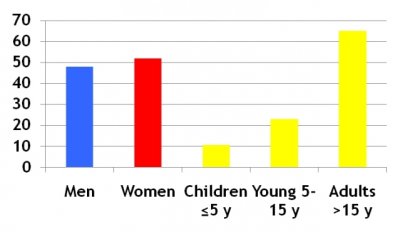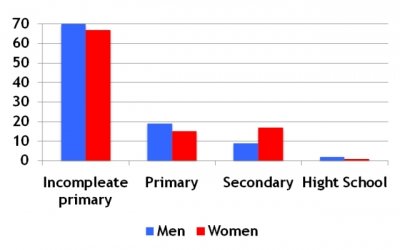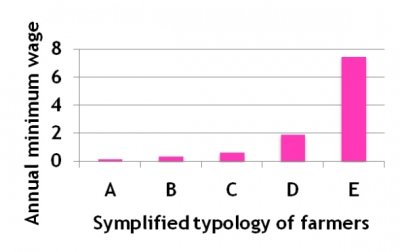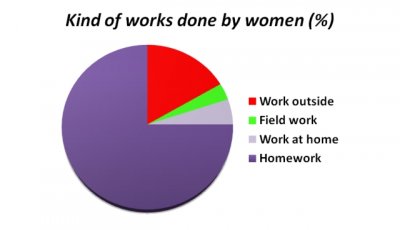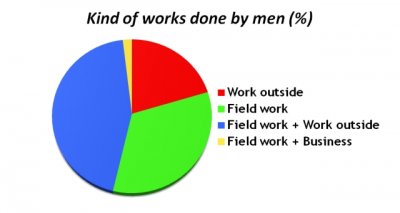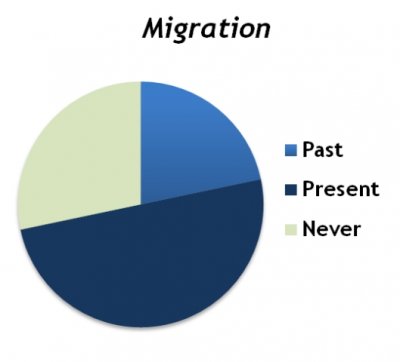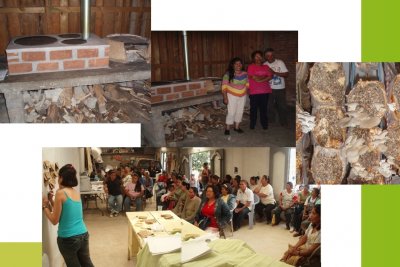| Gender-related issues |
 |
|
Author: Christian Prat
Women in rural communities of Cointzio watershed, traditionally have the responsibility of the home and family while men are in charge of bringing money home.
One study was specifically focus on the women of these communities (Vidal, D., 2007. Estrategias de sobrevivencia: el caso de las comunidades de la microcuenca de Atecuaro, municipio de Morelia, Michoacán, México. Universidad de Concepción, Chile). The data presented here comes from official data, workshops and personal interviews of different rural communities of the study site.
Demography: More women than men, more children (3,5) than the national average (3,0) and low educational level
Income: Agriculture is just an extra income for most farmers! Money is coming from off farm activities (work, foreign remittances, government help)
Labour division: Women at home and men outside
Emigration: 86% of emigrants are men but, in recent years, women are also emigrating to the USA
A success story
Miss Carmen Campos-Domínguez is promoting widely the benefits of the use of this oven to the community. In addition, she is looking for new economic incomes from women-related activities, she will start a new mushroom production (Pleurotus sp.) project, thanks to SEMARNAT and DESIRE actions.
|
|||||||||||||||||||||
Study sites
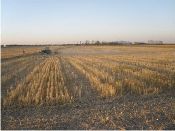
Acknowledgement
The DESIRE project was
|
DESIRE brought together the expertise of
26 international research institutes
and non-governmental organisations.
This website does not necessarily
represent the opinion of the
European Commission. The European
Commission is not responsible for
any use that might be made of the
information contained herein. 



